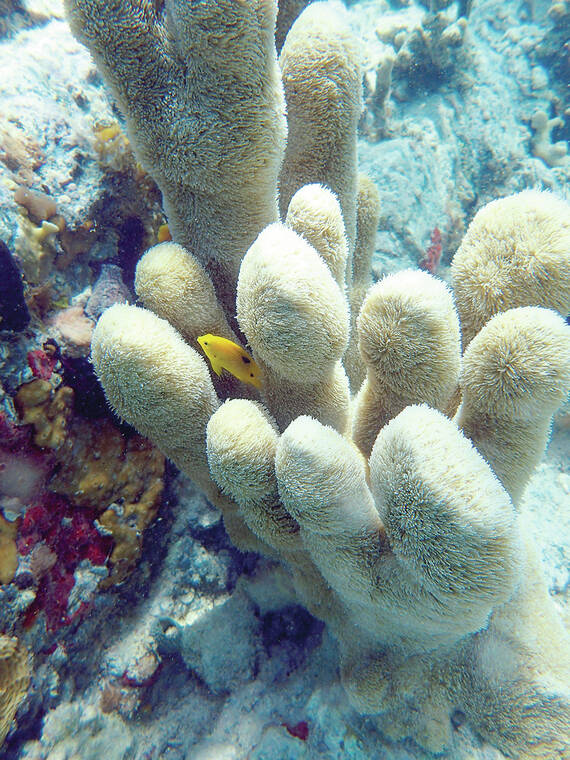WASHINGTON — The Center for Biological Diversity filed a notice of intent to sue the National Marine Fisheries Service for failing to finalize protections for 12 coral species around Florida and islands in the Pacific Ocean.
The corals all received Endangered Species Act listings in 2014 but not the critical-habitat designation the law requires.
Corals worldwide are now experiencing dramatic declines due to climate change, pollution and overfishing. An estimated 50% of coral reefs worldwide have already been lost to climate change, and about one-third of reef-building coral species are at risk of extinction.
“We can’t save coral reefs without protecting coral habitat, and if federal officials sit on their hands much longer these corals could disappear,” said Emily Jeffers, an attorney at the center.
Endangered species with critical-habitat protection are twice as likely to be recovering as those that don’t. Critical-habitat designations wouldn’t close off areas for people to swim, fish and recreate, but their immediate benefits could include improved water quality throughout the coastal zone, limits on over-fishing, protections for spawning grounds, reduced impacts from development and dredging, and reduced human pressures on hundreds of thousands of reef-associated species, the center said in a press release.
In 2014, the Fisheries Service listed 20 species of corals as threatened under the Endangered Species Act, with 12 of those species occurring within U.S. waters. In 2020, prompted by a legal settlement with the center, the federal government announced two proposed rules to designate more than 6,000 square miles of critical habitat protections off Florida, in the Caribbean and in the Pacific Ocean.
The legal notice involves five Caribbean corals: Dendrogyra cylindrus (pillar coral), Orbicella annularis (lobed star coral), Orbicella faveolata (mountainous star coral), Orbicella franksi (boulder star coral) and Mycetophyllia ferox (rough cactus coral). It also covers seven Pacific corals: Acropora globiceps, Acropora jacquelineae, Acropora retusa, Acropora speciosa, Euphyllia paradivisa, Isopora crateriformis and Seriatopora aculeate.
The proposed Caribbean critical-habitat rule would protect 5,900 square miles of habitat off of Florida, Puerto Rico, the U.S. Virgin Islands and the Flower Garden Banks in the Gulf of Mexico. The proposed Pacific rule would protect 230 square mile of marine habitat around American Samoa, Guam, the Northern Mariana Islands and Pacific remote islands.




